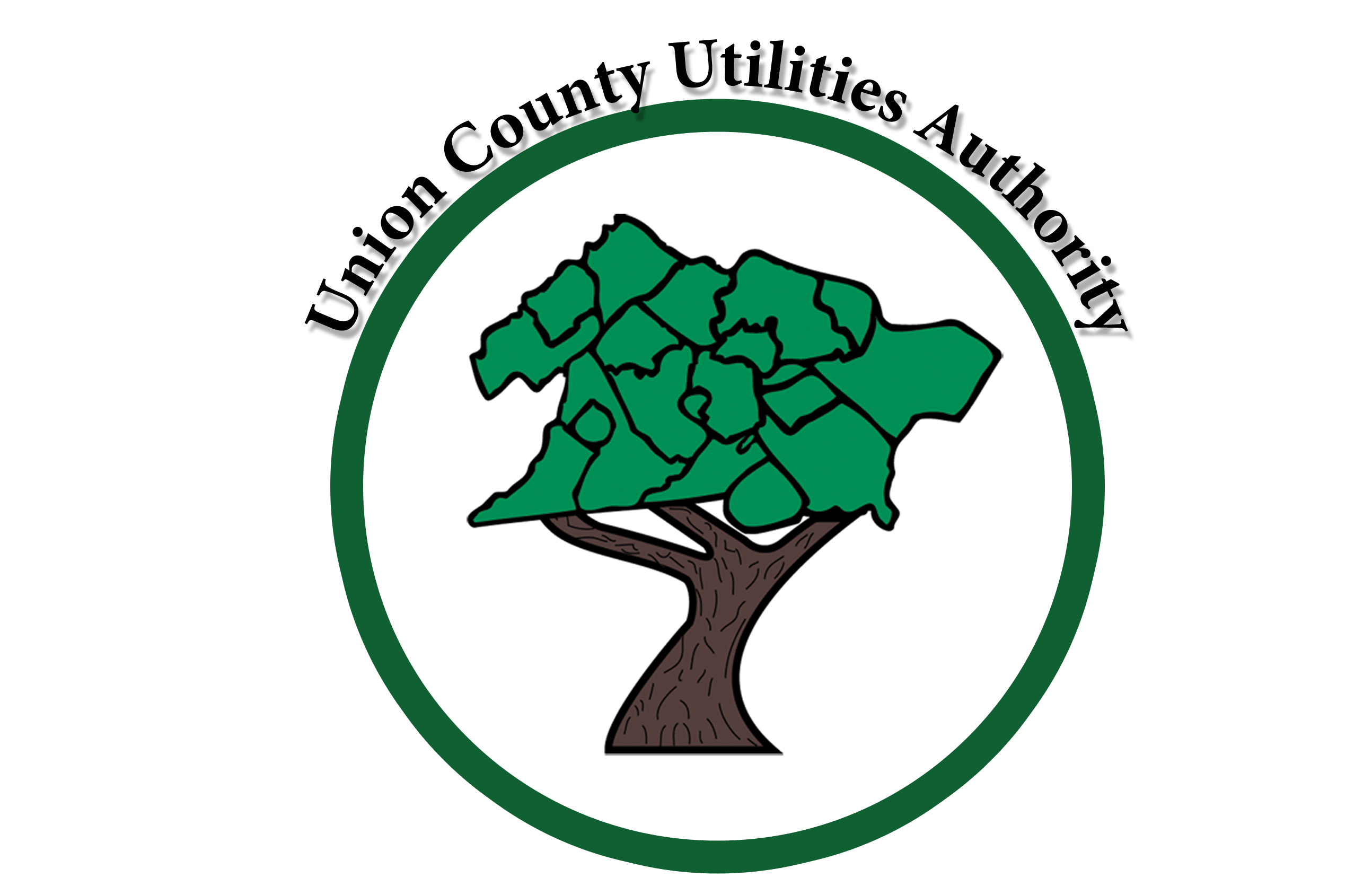Citizens cooperation and common sense in finding and using alternatives will minimize problems which may result from a delay of waste collection services in the event of a natural or man-made disaster or a strike.
The actions listed below were prepared by environmental and health personnel to assist you in easing the effects of a disruption of waste collection at your homes and in your communities.
Limit the amount of waste produced:
- Avoid the use of disposable products such as paper or plastic plates, cups or disposable diapers.
- Reuse products such as plastic containers, jars and aluminum foil.
- Compost vegetative and yard wastes if space permits.
- Delay any major household cleanups such as backyard cleanup, tree pruning or disposal of old furniture
Separate and store food wastes and other wet garbage:
- Drain excess garbage moisture. Pour fats, drippings and grease into glass jars and seal with a screw on lid.
- Put food waste, disposable diapers and other wet waste into double plastic bags.
- Add a capful of ammonia to reduce odor which will attract animals and other vermin.
- Secure trash bag tightly and store in a cool place.
Separate and store recyclable materials:
- Rinse bottles and plastic containers.
- Rinse and crush aluminum and tin cans, trays and containers.
- Bundle cardboard, paper, and magazines.
- Store recyclable materials indoors, out of reach of children, and away from combustible materials
Separate dry, non-recyclable waste:
- Store non-recyclable paper, containers, packaging and other dry waste indoors and away from combustible materials.
Separate hazardous household waste:
- Separate fluorescent lights, paints and thinners, insecticides and herbicides and store out of reach of children. Hold until county household hazardous waste collection
day.
